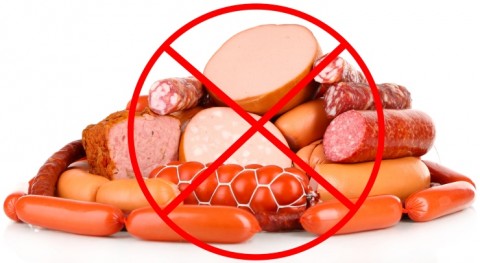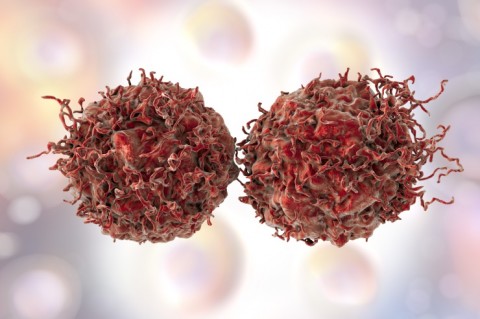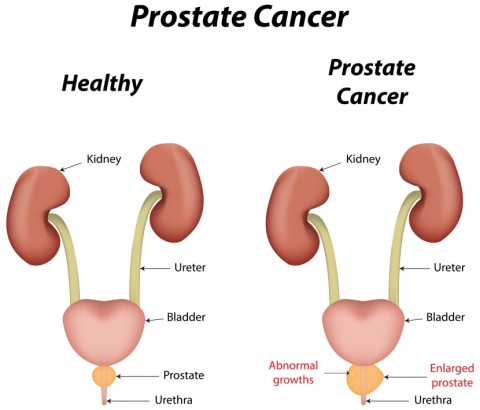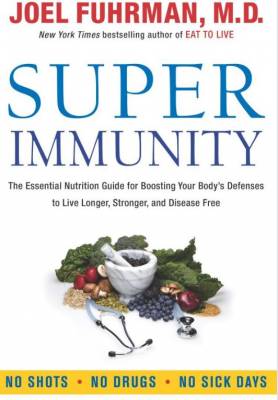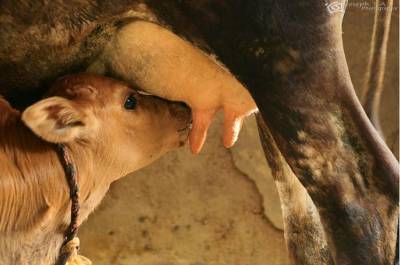DrCarney.com Blog
High saturated fat intake may increase a prostate cancer patient's risk of dying from that prostate cancer.
Once again the media outlets have been "rocked" by news on nutrition: the World Health Organization (WHO) announced that processed meat and red meat consumption are associated with cancer. In a press release dated October 26, 2015, the WHO stated that a group of 22 experts from ten countries reviewed the scientific literature and classified...
Prostate Cancer is Very Common Prostate cancer is the second leading cause of cancer death for men. The Physician's Committee for Responsible Medicine reports that "Prostate cancer is the fourth most common malignancy among men worldwide, with an estimated 400,000 new cases diagnosed annually. Epidemiologic evidence strongly suggests that dietary factors play a major role in prostate...
Several types of cancers are hormone-sensitive, meaning they use female/male hormones to develop and metastasize. Most breast and prostate cancers are hormone-sensitive. In an attempt to stop the progression of cancer, pharmaceutical companies have designed drugs which slow down or block the effects of these hormones. These drugs stop female/male hormones from reaching the cancer cells. Tamoxifen...
Prostate cancer in men is a hormone-dependent cancer; much like breast cancer is in women. Dr. Neal Barnard, president of The Cancer Project, does an excellent job of explaining what we can do to help prevent it as well as helping us fight it, for those who have already been diagnosed. In the nine minute...
Cancer is the second leading cause of death in America, with cancers of the colon, breast, prostate and lung being the most deadly. Advocates of a whole-food, nutrient-dense, plant-based diet concur there is overwhelming evidence linking nutritional excellence with disease prevention, including cancer. In order to do this, we must consume a diet that nourishes...
Out of the 5,000 different mammalian species, human beings are the only mammals that continue to drink milk after weaning, and then they drink it from another species. There are several reasons why we do so. For example, we were taught in school and by our parents that we needed milk to build strong bones...

